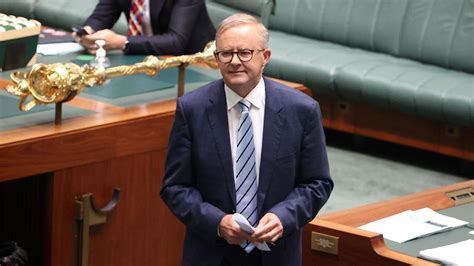Peter Dutton and Anthony Albanese have stirred up a political storm by pledging to wrest control of the Port of Darwin away from the Chinese-owned Landbridge Group. The port, originally leased for 99 years to the company owned by Chinese billionaire Ye Cheng in 2015, has become a focal point in the ongoing debate over foreign ownership of critical infrastructure.
**Political Showdown Over Port Control**
In a dramatic turn of events, both major party leaders have made bold promises to revoke the lease and ensure that the port falls back into Australian hands. Peter Dutton and Anthony Albanese are adamant about restoring national sovereignty over this strategic asset, setting the stage for a high-stakes battle in the upcoming federal election.
Peter Dutton’s Determination
Peter Dutton wasted no time in outlining his plan, emphasizing the need for vigilance in safeguarding crucial infrastructure like the Port of Darwin. In his joint statement with shadow Defence Minister Andrew Hastie, he underscored how imperative it is for such assets to be managed by entities approved by the Commonwealth.
Anthony Albanese’s Countermove
Not one to be outdone, Anthony Albanese swiftly voiced his commitment to acquiring back control of the port if private negotiations fail. He stressed the importance of keeping this “strategic asset” within Australian jurisdiction, echoing sentiments shared by many concerned citizens.
**The Backstory Unfolds**
The saga began with Landbridge Group securing a long-term lease through an agreement struck with the Northern Territory government. However, subsequent changes were made to legislation governing asset sales involving foreign investors post this deal. This move signified growing apprehensions within political circles regarding extensive overseas influence on critical national infrastructure.
**Expert Insights**
Industry experts view this showdown as emblematic of broader concerns around foreign investment and its implications on national security. By bringing issues like these into sharp focus during an election season, leaders are responding not only to immediate challenges but also shaping future policies that could impact Australia’s economic landscape.
As tensions escalate and electoral campaigns intensify, all eyes are on how this contentious issue will unfold in the lead-up to polling day. Will these pledges resonate with voters? Can such promises be feasibly implemented? The answers lie ahead as Australia navigates through this pivotal moment in its political history.

